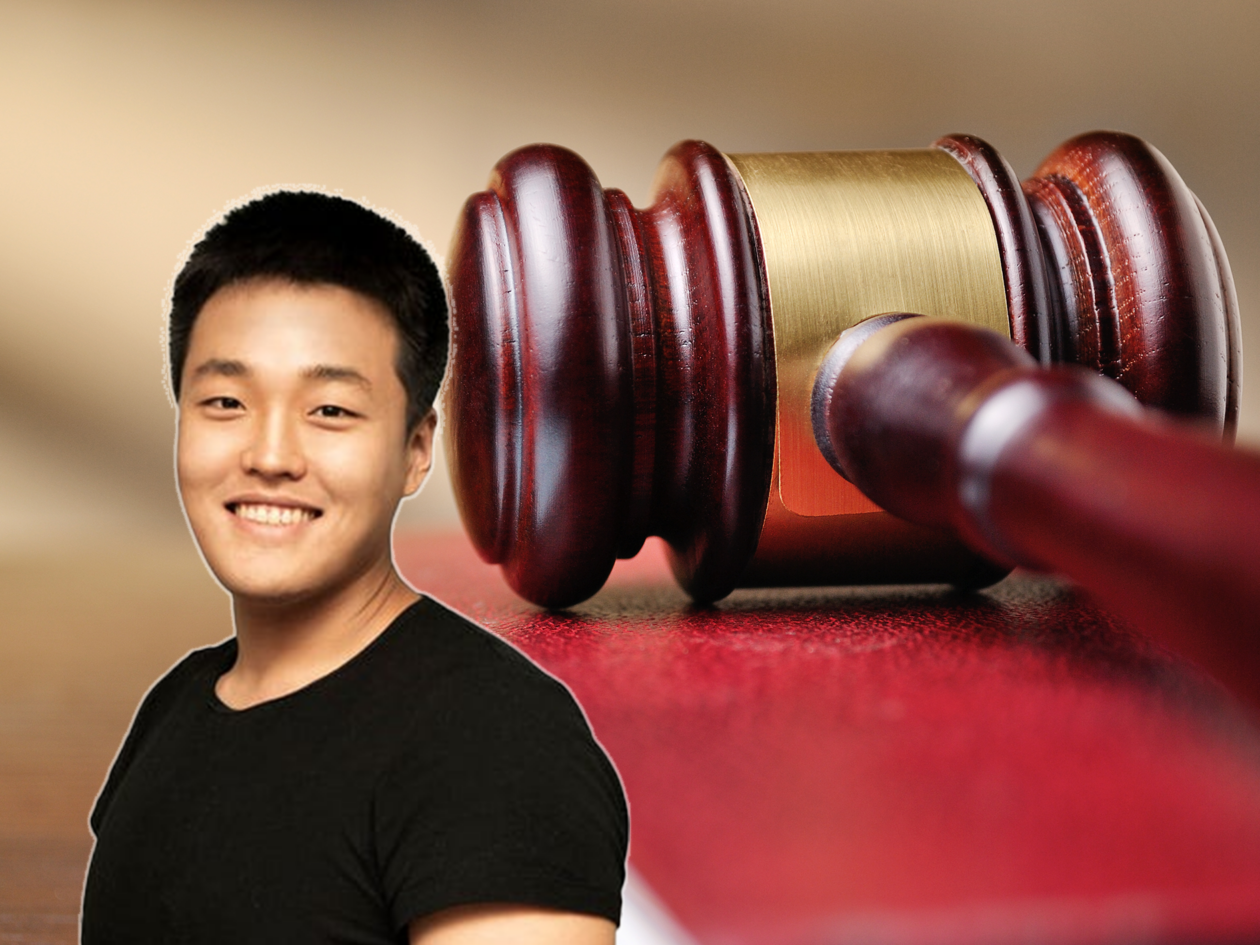South Korean prosecutors investigating the collapse of Terra-LUNA are examining if Luna Classic (LUNC), TerraClassicUSD (USTC) and relevant decentralized finance (DeFi) services have characteristics of securities.
The findings of the examination will help South Korean prosecutors determine if they should expand their investigation on Terraform Labs and chief Do Kwon, under Korea’s Financial Investment Services and Capital Markets Act, according to local news agency Yonhap.
“If they’re viewed as securities, prosecution is easier because the issuing of unregistered securities is a violation of the capital markets act,” Koo Tae-on, lawyer at South Korea-based law firm Lin, told Forkast.
“We will not dispute the [Yonhap] report,” said Choi Sung-kook, prosecutor at the Seoul Southern District Prosecutors’ Office, while declining to elaborate. The investigative team is reportedly examining the matter in active discussions with Korea’s financial authorities and digital asset experts.
While authorities probe Terra-LUNA for characteristics of securities, prosecutors are also reportedly reviewing overseas cases of a similar nature.
“It is important to understand the basis for judging securities when discussing such matters,” Kim Hyoung-joong, president of the Korea Fintech Society told Forkast.
One local media report specifies the Howey Test, which is the U.S. Supreme Court case used to determine whether a transaction can be seen as a security. The Howey Test has four criteria – an “investment contract,” or a security agreement is an investment of money, in a common enterprise, with the expectation of profit and should be derived from the efforts of others.
Since last year, the U.S. Securities and Exchange Commission (SEC) has been investigating Terra’s DeFi service Mirror Protocol in violation of the Exchange Act.
The SEC classifies the Mirror Protocol, which allows users to trade crypto assets mirroring the price of stocks with USTC, as partaking in the “unregistered offer or sale of securities.”
Some crypto experts do not see crypto as securities as the value of the decentralized asset is not derived from the efforts of a specific entity, South Korean media reported.
South Korea’s investigation comes after South Korean President Yoon Suk-yeol announced that his administration will regulate cryptocurrencies in two ways – tokens that resemble securities and non-securities. The regulatory plan was proposed in May but South Korea has yet to classify cryptocurrencies into a clearly constructed regulatory framework.





